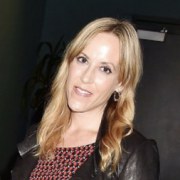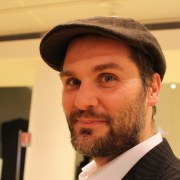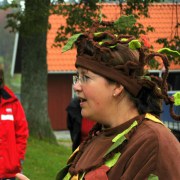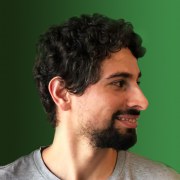Games can push the boundaries of identity and knowledge by providing a safe space to explore actions and consequences. By taking on personas, visualising large systems on their table top, or wrestling with complex decisions, participants can engage deeply with concepts that might otherwise be overwhelming or not of interest to them.
In this session, we will explore some of the many ways that games can change learning in science centres. Science communicators and educators from Italy, Sweden, Argentina, and the U.S. will coordinate break-out groups where they will briefly present a game they created before walking participants through their own game visualisation. Building off the facilitators’ examples, we will guide participants in conceptualising their own game through a rapid prototyping process. This session will empower science communicators to create and engage with games in new and creative ways.





